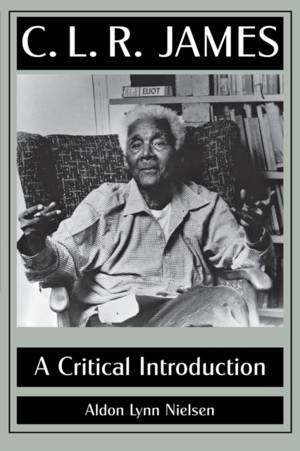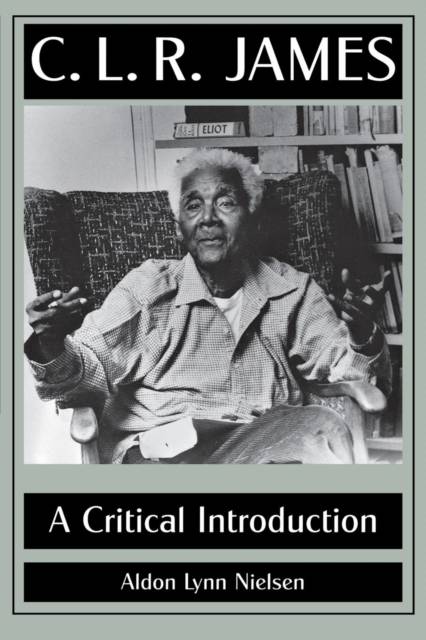
- Afhalen na 1 uur in een winkel met voorraad
- Gratis thuislevering in België vanaf € 30
- Ruim aanbod met 7 miljoen producten
- Afhalen na 1 uur in een winkel met voorraad
- Gratis thuislevering in België vanaf € 30
- Ruim aanbod met 7 miljoen producten
Zoeken
Omschrijving
A critical analysis of writings of a founder of the Pan-African revolution C. L .R. James, the Trinidad-born novelist, critic, historian, philosopher, and revolutionary political activist, has proved to be as controversial in death as he was in life. Throughout his career, James was committed to a belief in the transformative powers of language, and he worked tirelessly as a writer and a speaker for the causes of black liberation and proletarian revolution. Even James's opponents within the radical movements thought of him, in the words of James P. Canon, as the "lyrical historian of our movement." Though orthodox Trotskyites were wrong when they declared that James's political organization "started and finished as a purely literary tendency," there can be no doubt that James and the colleagues he drew into the movement understood and valued the revolutionary potential of the written word. In C. L. R. James: A Critical Introduction a literary critic undertakes for the first time a sustained analysis of James's major published works, placing them in the context of James's less well-known writings as an activist and journalist. Nielsen, who was once a student in James's courses in American universities, offers an encompassing critique of one of the African diaspora's most significant thinkers and writers. Here the author of Black Jacobins, World Revolution, A History of Pan-African Revolt, Notes on Dialectics, Beyond a Boundary, and the lyric novel Minty Alley is seen not only as among the great political philosophers but also as the literary artist that he remained, from his first writings in Trinidad through his underground years in America, to his final essays and speeches in London. The writings of James have inspired revolutionaries on three continents, have altered the course of historiography, have shown the way toward independent black political struggles, and have established the basis for much of today's cultural studies. Aldon Lynn Nielsen is a professor of English at San Jose State University.
Specificaties
Betrokkenen
- Auteur(s):
- Uitgeverij:
Inhoud
- Aantal bladzijden:
- 228
- Taal:
- Engels
Eigenschappen
- Productcode (EAN):
- 9781617038464
- Verschijningsdatum:
- 7/02/2013
- Uitvoering:
- Paperback
- Formaat:
- Trade paperback (VS)
- Afmetingen:
- 152 mm x 229 mm
- Gewicht:
- 340 g

Alleen bij Standaard Boekhandel
+ 118 punten op je klantenkaart van Standaard Boekhandel
Beoordelingen
We publiceren alleen reviews die voldoen aan de voorwaarden voor reviews. Bekijk onze voorwaarden voor reviews.







